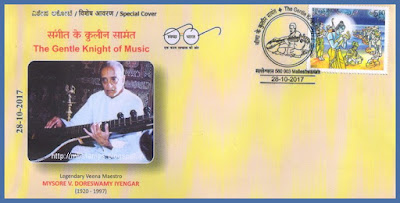Saci Day, celebrated on 31 October in Brazil, is dedicated to one of the country's most iconic and mischievous folklore characters, Saci Pererê. This day was established as a cultural response to Halloween, aiming to celebrate Brazil's own rich folklore and encourage pride in its unique traditions. Saci Pererê is typically depicted as a one-legged young Afro-Brazilian boy who wears a magical red cap, smokes a pipe, and enjoys causing playful trouble. With his quick wit and supernatural abilities, Saci is known for playing pranks on people—tying knots in horses' manes, hiding everyday objects, or stirring up minor chaos around the home.
The origins of Saci Pererê lie in Indigenous and African traditions, blending the diverse cultural roots of Brazil. He has become a symbol of resistance and resilience, embodying a spirit of humor and rebellion. On Saci Day, people across Brazil engage in storytelling, art activities, puppet shows, and folk music, highlighting not only Saci but other Brazilian folk figures like Curupira, Boitatá, and Iara. Schools and community organizations often host events to educate children and families about these figures, ensuring that Brazil’s folklore remains alive and vibrant for future generations. The day serves as a reminder of the richness of Brazilian heritage, urging citizens to celebrate local legends and values in a world increasingly influenced by globalized culture.
.jpg)
.jpg)







































